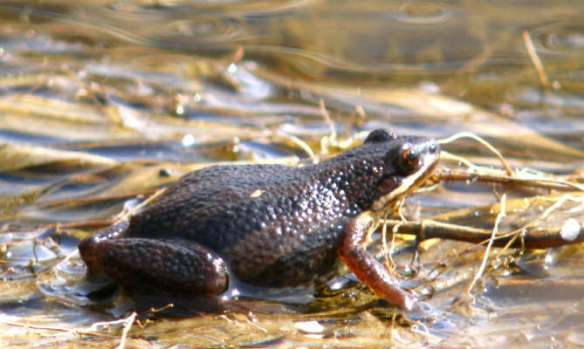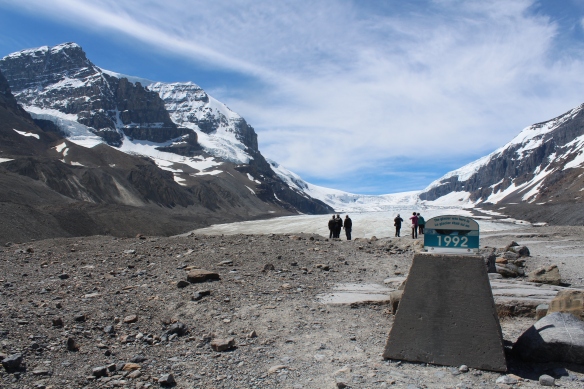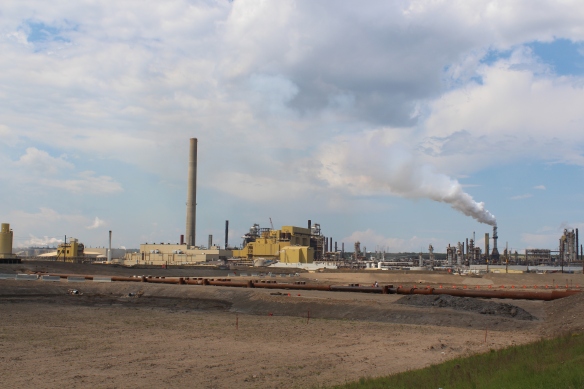
An Environment Canada scientist concluded that a proposed real estate project could drive the western chorus frog to extinction in habitats in La Prairie, a suburb on Montreal’s south shore. Photo courtesy of Raymond Belhumeur, Nature Québec
Prime Minister Stephen Harper’s government is offering no explanation for a mysterious memo sent from a senior bureaucrat to the environment minister that incorrectly summarized scientific evidence from a secret report.
The memo, released through a court challenge, contradicted the warnings from an Environment Canada scientist about “imminent” danger from a major residential real estate project near Montreal that is threatening the survival of a critical population of western chorus frogs, protected under federal endangered species legislation.








